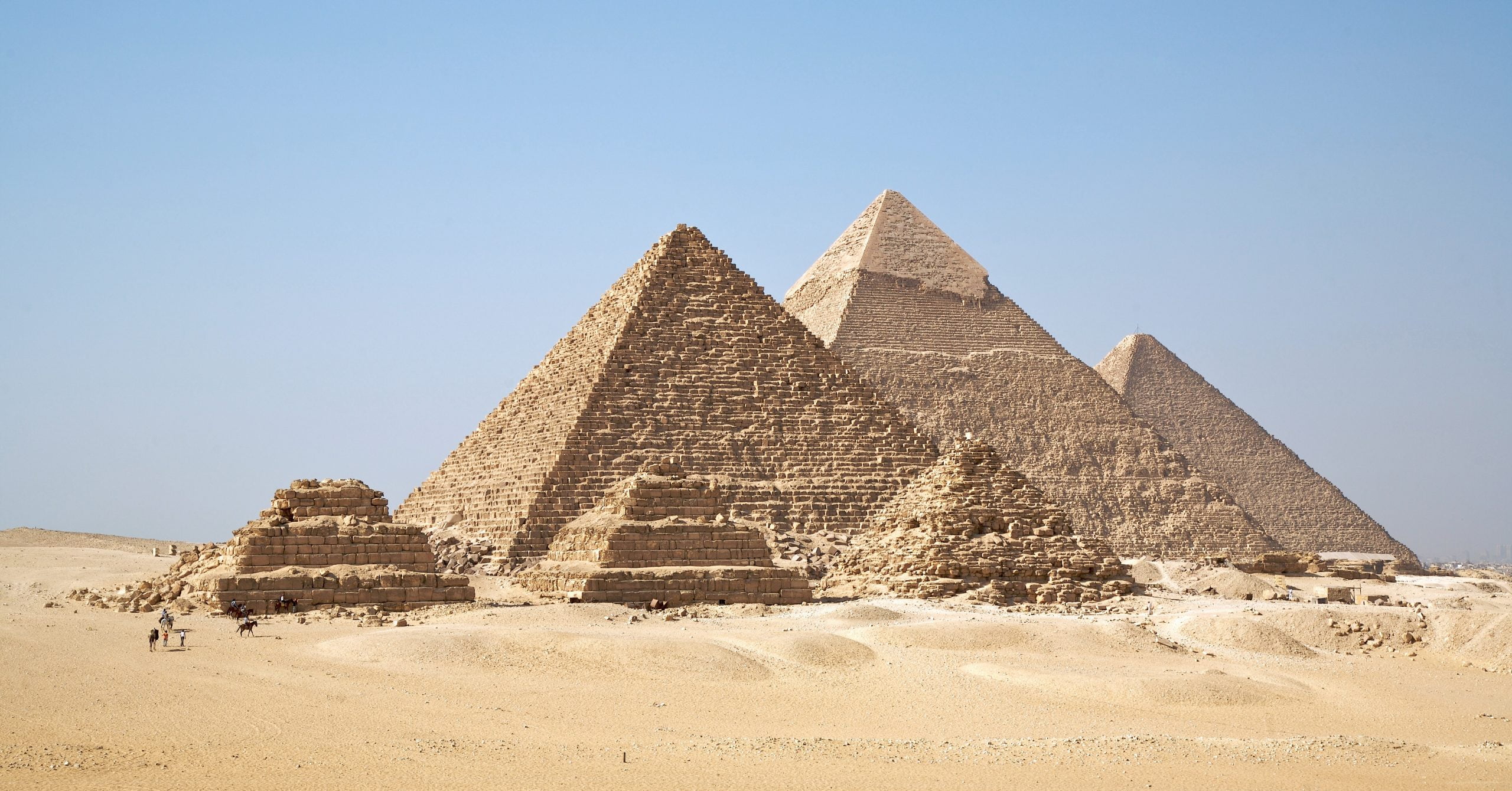There is a widespread belief that the only wonder of the world that has survived to this day was built by thousands of forced laborers. We checked whether this point of view corresponds to the position of modern historians and archaeologists.
Claims that the famous Egyptian pyramids were built thanks to slave labor can often be found, for example, in Soviet research And textbooks. The authors of such texts obviously followed the Marxist logic of a gradual transition from slave labor to a classless society. However, the idea of slaves involved in the construction of pharaoh's tombs has become popular thanks to numerous feature films set in Egypt.
Traditionally, slaves at the construction of the pyramids are spoken of with reference to Greek authors, in particular Herodotus. The “Father of History” lived more than 2000 years later, so he wrote about the wonder of the world based on local legends and conversations with contemporary Egyptians. Nevertheless, in his work “History”, when describing the construction, nothing doesn't say specifically about slaves, although the author indeed describes the work of workers as incredibly difficult. Dorothy Resig, editor of the scientific journal Biblical Archaeological Review, believesthat the roots of the slave story can be found in the Old Testament, which talks about the enslavement of the Jews by the Egyptians, although these two events are separated by several centuries.
Back in 1990, not far from the pyramids, by chance discovered ancient mass grave. Archaeologists who worked for several years examined both the remains themselves and the objects in the tomb. Later there were open similar burials, which made it possible to talk about entire “working villages” around the pyramid complex. Total specialists researched several hundred graves where the workers themselves, members of their families, artisans and controllers rested.
Zahi Hawass told reporters several times about the results of the excavations and subsequent research. This Egyptian archaeologist worked for many years in Giza and even led local museum complex, then headed the Supreme Council of Antiquities of Egypt, and in 2009–2011 served as Deputy Minister of Culture. Another specialist working on this topic is the American Mark Lechner, who has been leads project mapping the Giza Plateau, and also works at the University of Chicago and the Capitoline Archaeological Institute at George Washington University. In 2017, researchers released joint book “Giza and the Pyramids”.
Why do archaeologists believe that they have found the remains of builders? One of the excavation leaders, Adel Okasha, said that when analyzing the bones, they discovered signs of arthritis and characteristic changes in the lower vertebrae - this suggests that the deceased were engaged in work related to the movement of heavy loads. Moreover, tools that were used in the construction of the pyramids were found in the tomb.
So, what arguments do Hawass and Lechner give to support the idea that the pyramid builders were not slaves, but wage laborers?
- The tombs are located in close proximity to the pyramids where the pharaohs rested.
- The tombs are decorated with sculptures depicting the workers themselves.
- There are inscriptions on the walls of the tombs that tell about the builders' menu: it included beer, bread and different types of meat.
- Although the workers' bodies were not mummified, analysis confirms their ethnic kinship with Egyptian pharaohs buried at the same time.
- The workers were buried in accordance with the dictates of the Egyptian religion of the time.
- A few workers died as a result of accidents that occurred during construction.
Dieter Wildung, former director of the Egyptian Museum in Berlin, emphasizes, that for scientists the discoveries of Hawass and Lechner were not news: “In serious Egyptology, this is a truism.” However, the study of the tombs where the builders of the pyramids were buried has become very important evidence, which makes it possible to talk about this based on material sources. “The world simply could not believe that the pyramids were built without oppression and forced labor, but thanks to the loyalty of ordinary people to the pharaohs,” sums up the German researcher.
Not true
- The Guardian. Great Pyramid tombs unearth 'proof' workers were not slaves
- Reuters. Egypt tombs suggest pyramids not built by slaves
- Harvard Magazine. Who Built the Pyramids?
- Chicago Tribune. Beer, Garlic Stoked Labor of Pyramids
If you find a spelling or grammatical error, please let us know by highlighting the error text and clicking Ctrl+Enter.







